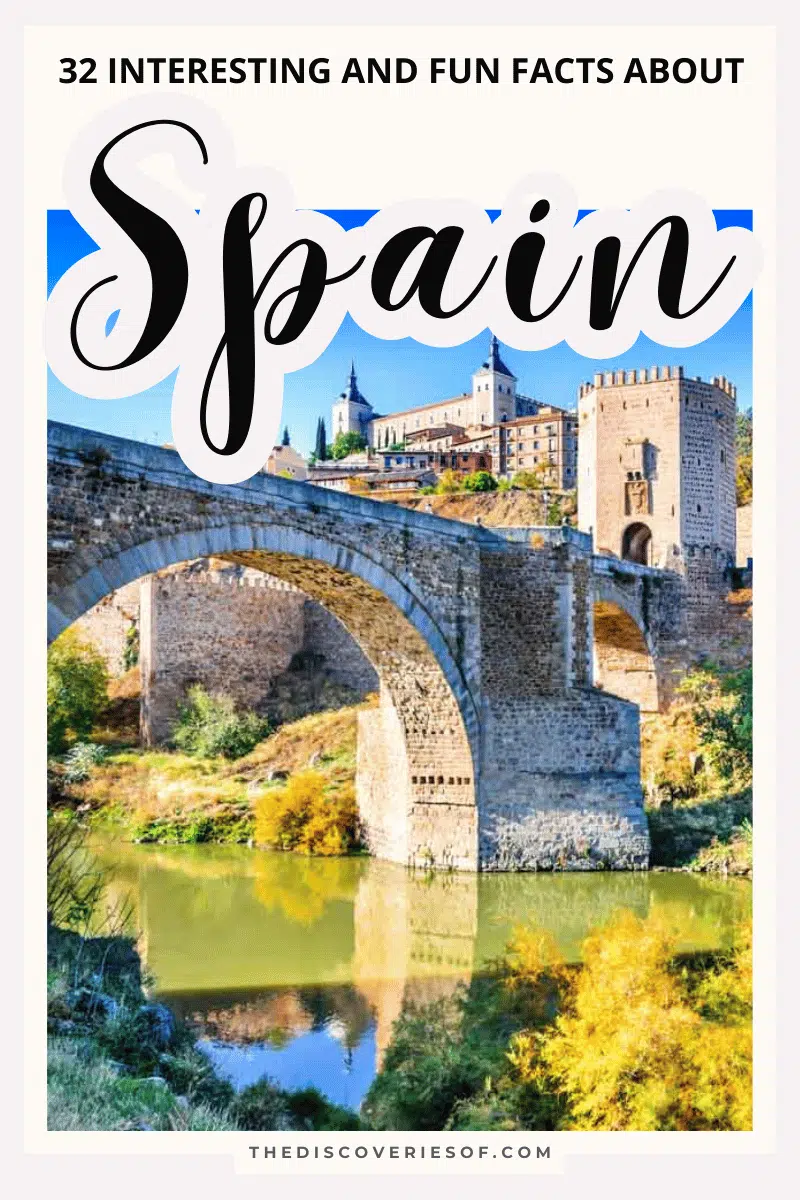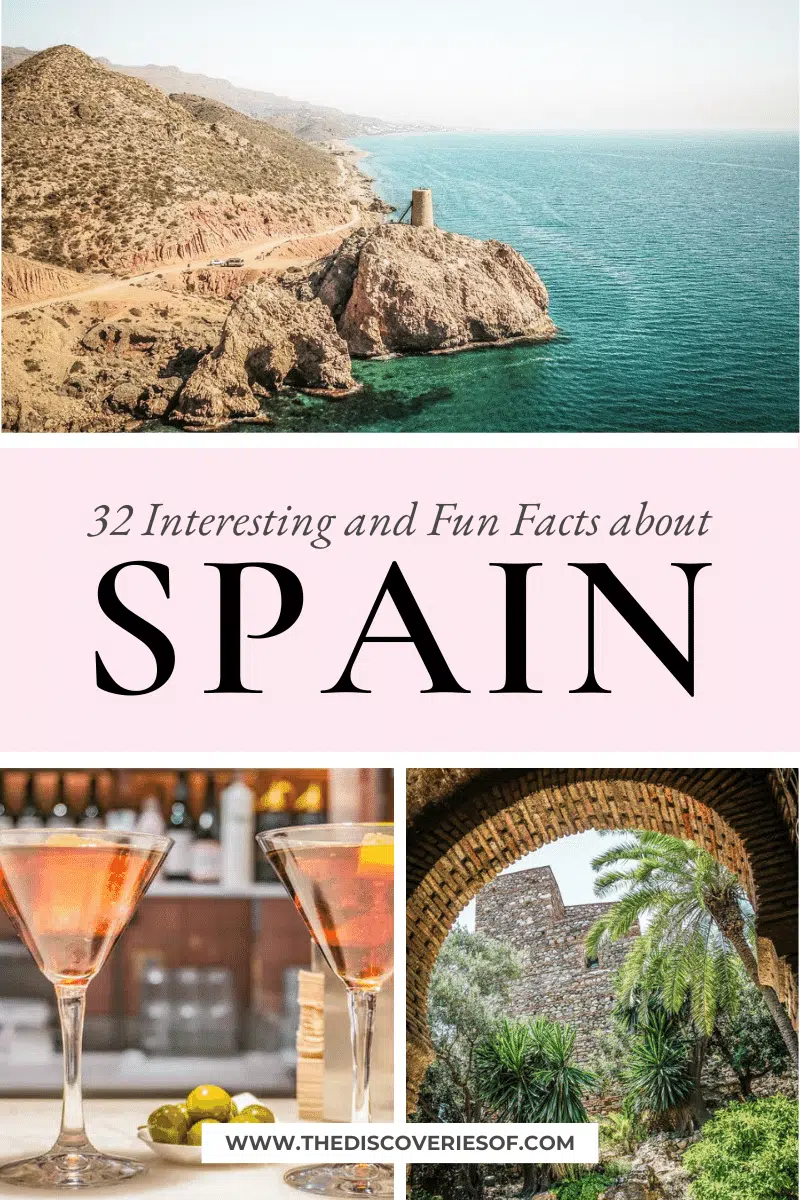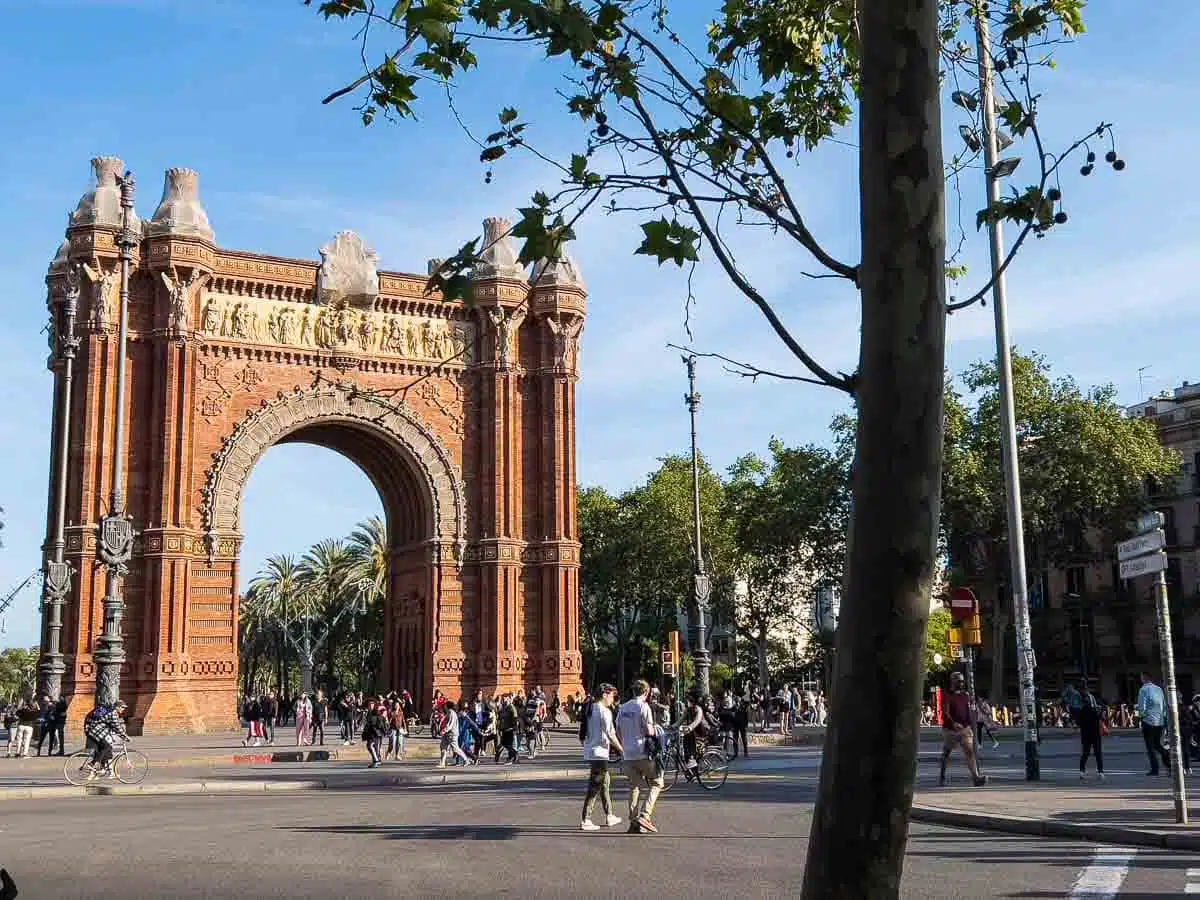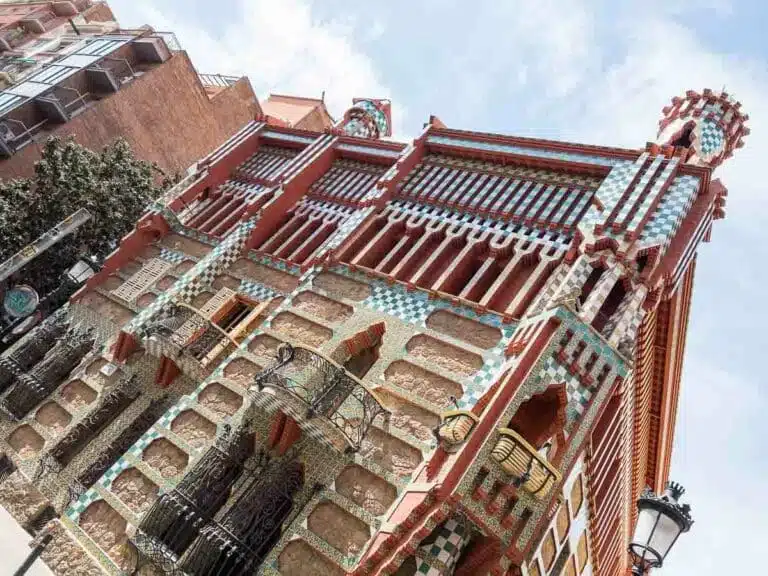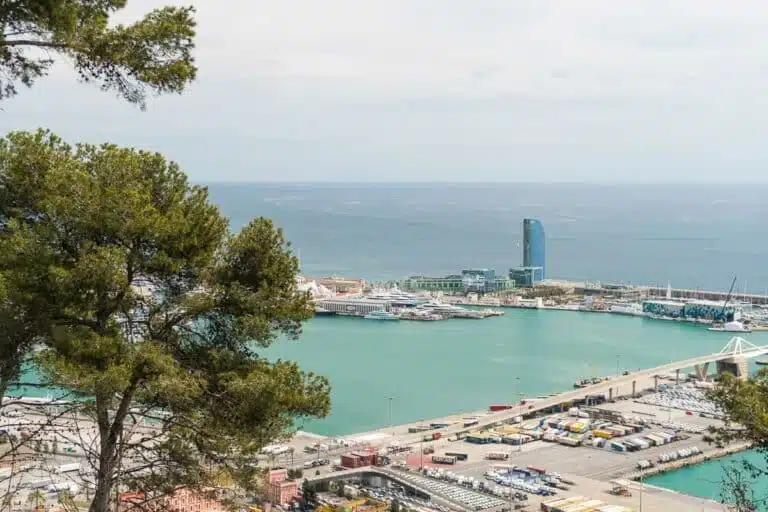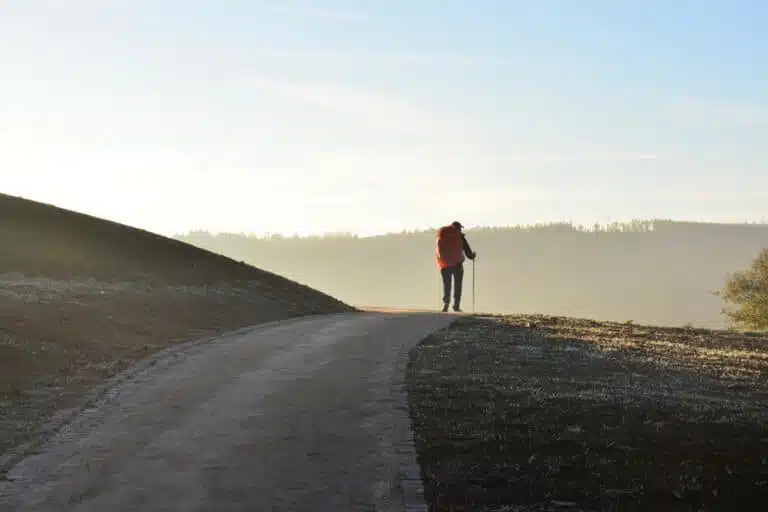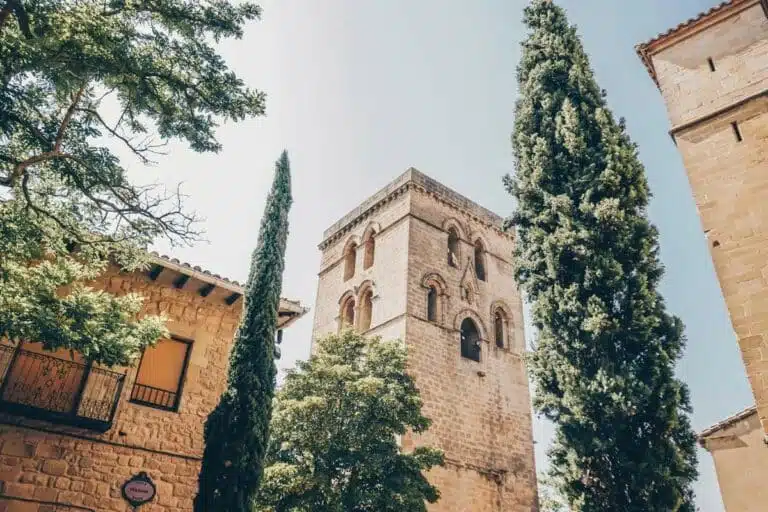Spain is a fascinating country, brimming with history and culture.But how much do you really know about it? These 32 interesting facts about Spain will let you delve just that little bit deeper into the country.
It’s no secret how much I love Spain. From my recent four-month stint in Barcelona, to countless weeks spent travelling around different parts of the country – it’s a treasure to explore.
Spend any amount of time in Spain and you’ll soon realise that it has a distinct character of its own: whether its hyper-local festivals with torchlit processions or the world’s biggest tomato fight, it’s a cultural hotpot of traditions, history and quirky happenings.
Ready to discover some of the country’s unusual facts? Read on…
Interesting and Fun Facts About Spain
Spain Hosts the World’s Oldest Fiesta
Spend any time in Spain and it’s clear that this is a country that loves a party! Pretty fitting then that Spain hosts the world’s oldest fiesta – the Romeria de Nuestra Señora de la Cabeza in the Sierra Morena has been going strong for over 800 years.
The Sanctuary of the Virgin is found on the top of the highest mountain in the Sierras – pilgrims make their way to the sanctuary to sing and dance in front of it during the annual festivities.
The Moors Conquered Over ½ of the Country in the 8th Century

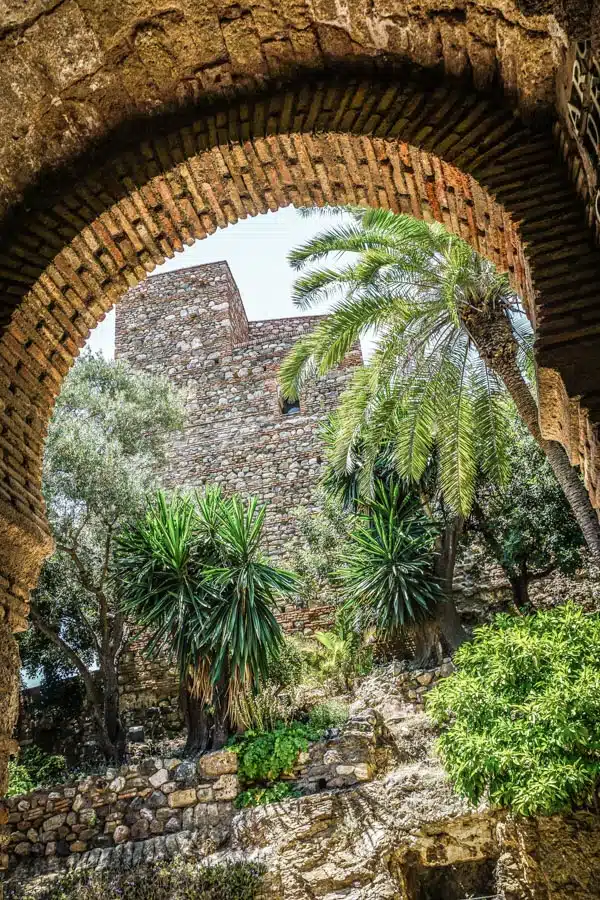
I mentioned that the Alhambra was built under the time of Moorish rule, but did you know that Moorish forces conquered large parts of Spain in the 8th century?
The Moors – in this context a group of North African Muslims – captured a large amount of modern day Spain and Portugal in 711 AD.
While Spanish forces gradually reconquered different regions throughout the course of the subsequent centuries – the Moors left their stamp on the country, from the beautiful palaces of the Alhambra to Cordoba’s Mezquita and Malaga’s Alcazaba.
And You Can Still See That Moorish Influence Today

The Moors – or more accurately, the Arabs in North Africa – occupied a large part of Spain between 711 and 1492.
During that period, many elements of their culture became ingrained into Spanish society , including food, music and architecture.
I’ve already mentioned the incredible architecture through palaces like the Alcazaba in Malaga and the Alhambra in Granada, but it also extends to Moorish handicrafts, including the intricate tiles that you’ll find in many Spanish buildings.
Spain Still has a King
Yes, that’s right, the country still has a constitutional monarchy – currently headed up by King Felipe VI.
The monarchy was restored just before the death of dictator General Franco in 1975, when Juan Carlos I of Spain, grandson of the previous monarch, became king.
It Has a National Anthem With No Words
Spain is full of quirks, but did you know that its national anthem has no words? The Marcha Real is one of only four national anthems in the world with no lyrics (well, it used to have lyrics but no one uses them anymore). It’s also one of the oldest national anthems in the world.
Spain Has The Third Largest Number of UNESCO World Heritage Sites in the World
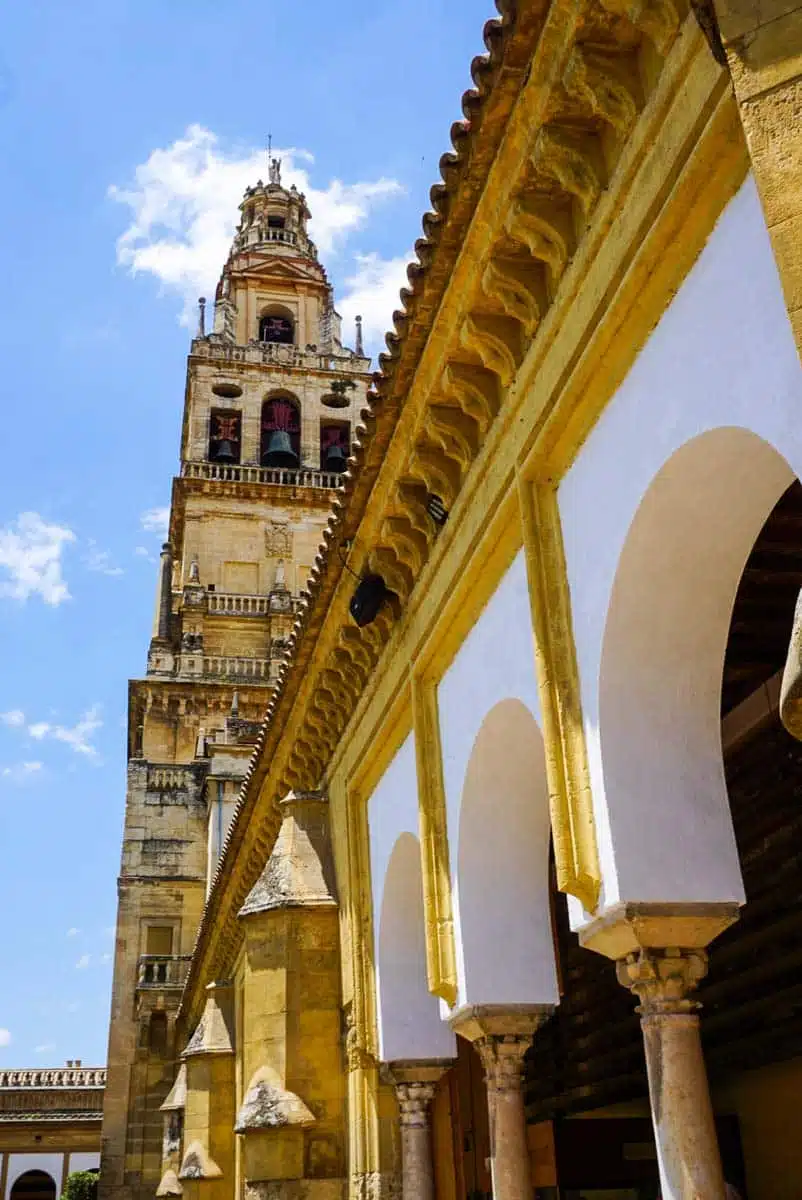
It’s no secret that Spain is full of history, culture and incredible landmarks – but did you know that it has a whopping 46 UNESCO World Heritage Sites?
The UNESCO sites are dotted all over the country and range from the historic centre of Cordoba to the world-famous Alhambra in Granada. The Alhambra is one of the most spectacular palatial complexes in the world – a series of palaces and gardens that date back to the time when Spain was under Moorish rule.
Lesser-known UNESCO sites include Las Medulas, a historic mining town near Ponferrada in the Castilla y Leon region. During Roman times, it was home to the most important gold mine in the whole of the Roman Empire – visit today and you can learn about the complex mining system used to extract gold from the ground.
Each of the 17 Regions Have a Unique Identity and Culture of Their Own
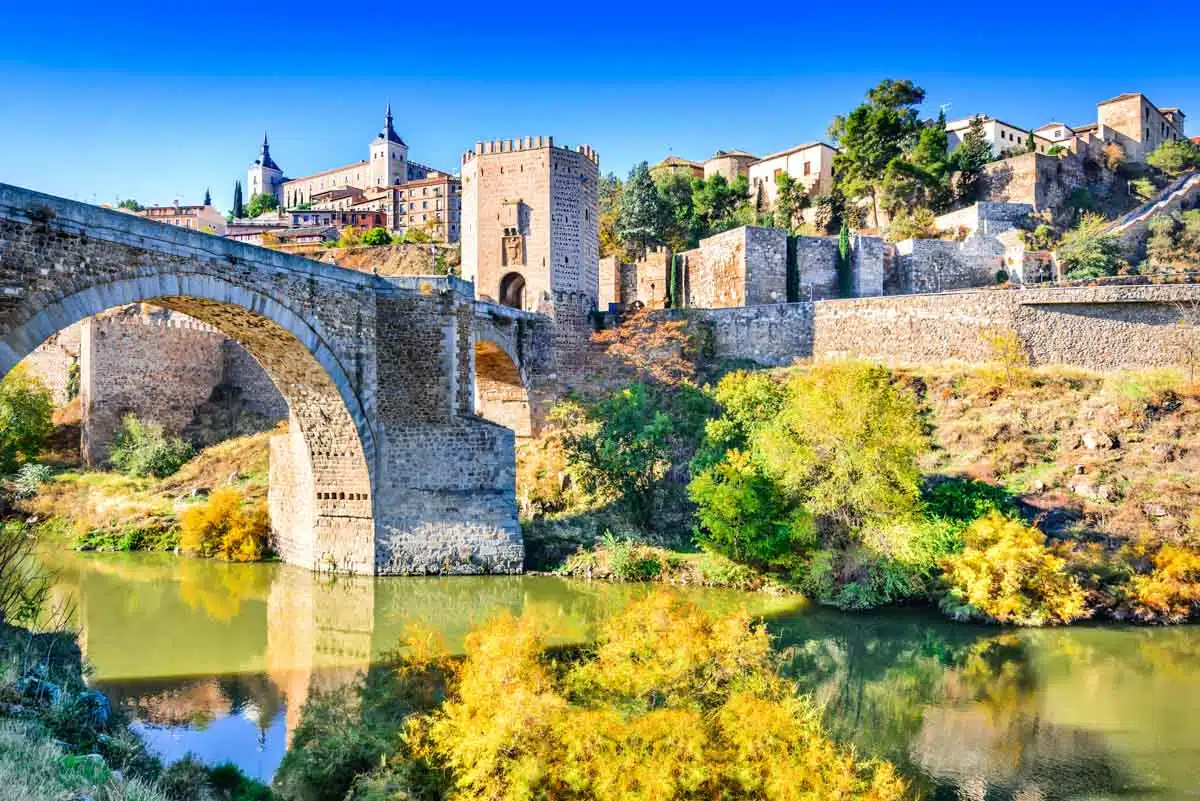
Spain’s 17 autonomous regions have strong identities of their own, stemming from the fact that they used to be a number of separate kingdoms.
Unification started when Ferdinand of Aragon and Isabella of Castile married in 1469, although there has been a push for independence in some regions – particularly Catalonia.
A Spanish Author Wrote the First Modern Novel
Love to read? Did you know it was a Spanish author who defined the face of contemporary literature? Miguel de Cervantes is thought to have created the first modern novel when he wrote Don Quixote.
The Ingenious Nobleman of Don Quixote of La Mancha follows a nobleman who is obsessed with chivalry and sets out to become a knight-errant, before embarking on a set of adventures and experiences that lead him to renounce his chivalric ideals on his deathbed.
Spain Hosts the World’s Biggest Tomato Fight Every Year
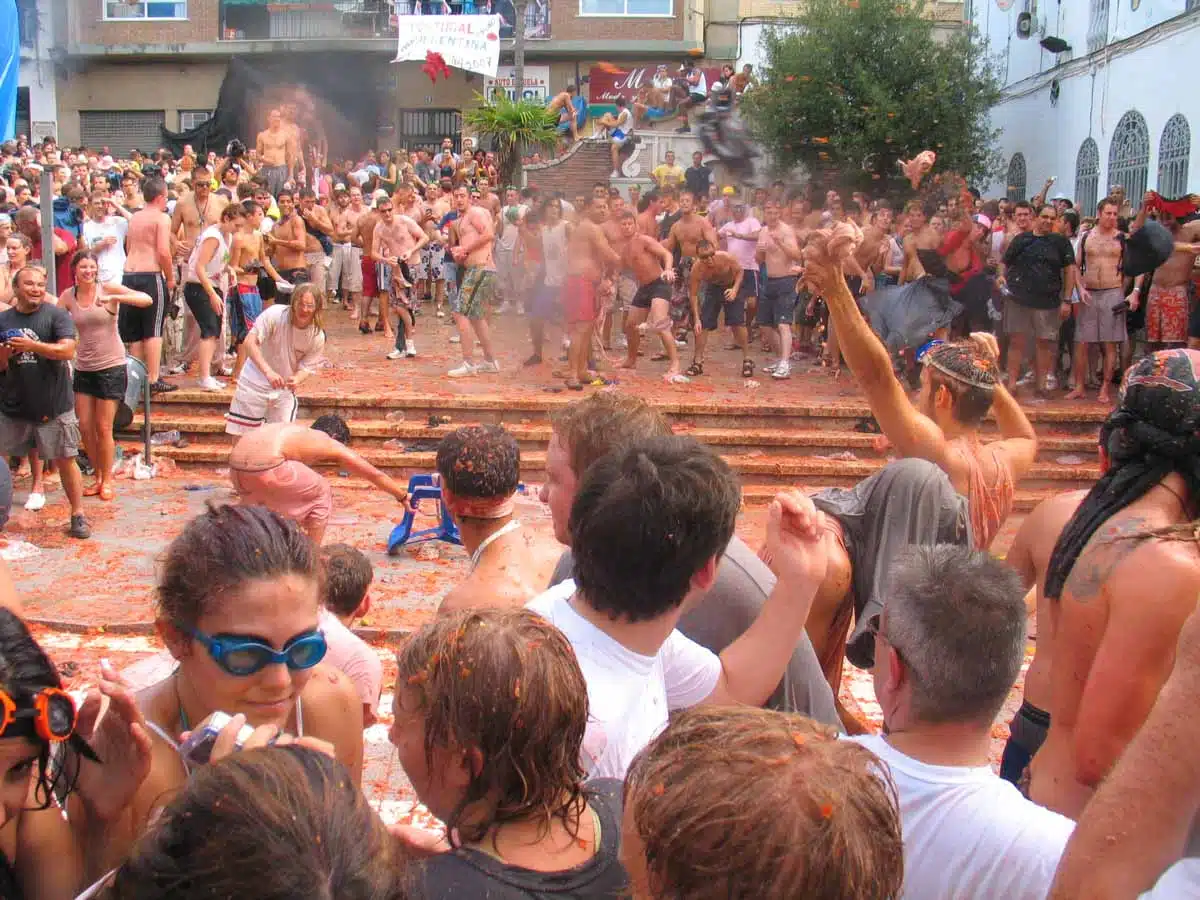
Every year, the town of Bunol hosts a massive tomato fight that whips everyone into a frenzy.
La Tomatina has been going since 1945, when a young man flew into a fit of rage and started throwing tomatoes at his friends – more people joined in – and so a tradition was born.
Authorities banned the festivities in the fifties but it was restored in 1957 after the residents held a mock-funeral with a tomato in a coffin to mourn their much-loved festivity (gotta love that Spanish humour). It has been going strong ever since.
Spain is Full of Quirky Traditions – Like The Tradition of the 12 Grapes
There’s a tradition that you should eat 12 grapes as the clock rings in the new year. The idea is that you eat a grape on each stroke of midnight – if you manage to do it, you’ll have good luck for the new year.
Spain Has the Most Bars in Europe

Spaniards love a casual drink, so it shouldn’t come as a surprise that Spain has the highest number of bars in Europe. Like all things social in Spain, things don’t get going until late though, so don’t set off too early for your night out.
Spanish Children Don’t Believe in the Tooth Fairy, But They Have the Ratoncito Pérez
Here comes one of my favourite facts: rather than the Tooth Fairy, Spanish children believe in Ratoncito Pérez – a mouse who takes teeth left under children’s pillows and exchanges them for a gift.
The mouse first appeared in stories by Spanish writer Fernán Caballeron, but really took off when writer Luis Coloma used them in his stories, including one for the 8 year old Alfonso XIII.
It Hosts an Annual Lottery With the Biggest Payout in the World
El Gordo – the Spanish Christmas Lottery has the largest total payout in the world. Between them, winners receive a whopping €2,240,000,000. Merry Christmas!
Madrid is Home to the Oldest Restaurant in the World
Madrid is a foodie’s delight – it’s hands down one of the best places to visit for foodies – but did you know that it is also home to the world’s oldest restaurant?
Botin restaurant has been serving up dishes to eager punters since 1725, making it the oldest in the world – don’t miss it the next time you visit the city.
The Country Produces a LOT of Olive Oil
I bet if I asked you which country produced the most olive oil in Europe, you’d guess Italy – but you’d be wrong!
Spain produces around 44% of the world’s olive oil – more than double that of Italy.
Spain Has Over 8,000 Kilometres of Coastline
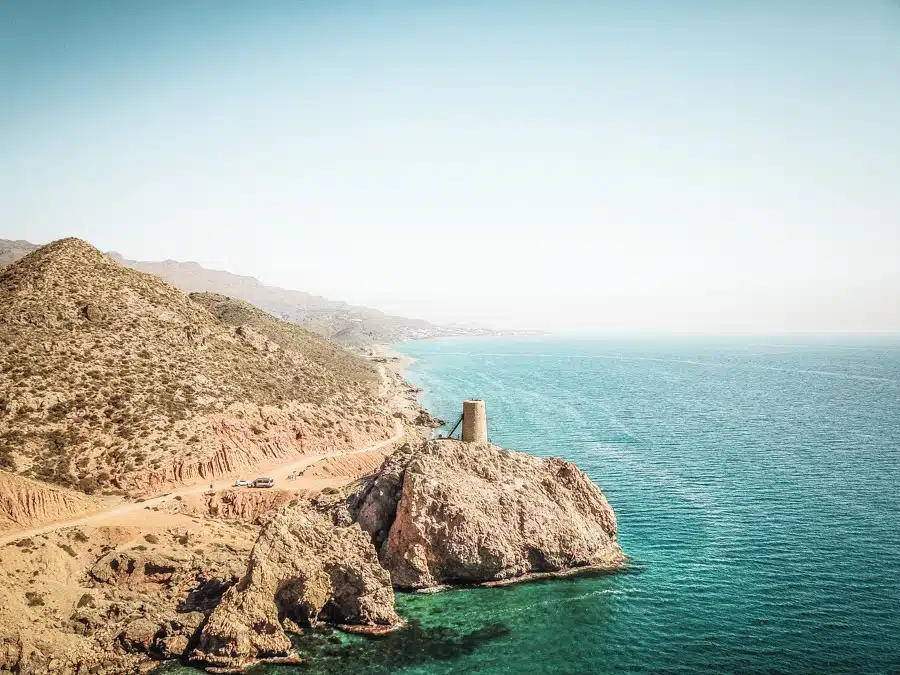
Everyone knows that Spain has a lot of beaches, but did you know that the country boasts more than 8,000 kilometres of coastline and over 8,000 beaches?
The coastline really is beautiful (away from some of the more built up resorts) – from destinations such as Mojacar on the Costa de Almeria (pictured above) to the stunning coast in Menorca, Spain is filled with gorgeous beaches and cool coastline. No wonder it has so many blue flag beaches.
The Spanish Love A Siesta
Spain is all about the siesta – that’s just one of those facts that everybody knows.
A tradition that dates back centuries, it’s believed to have started as an act of self-defence against the fierce midday sun, before evolving into a cultural staple that still carries on today.
Siesta time was traditionally between 2pm or 3pm to around 6 or 7pm, but these days it’s earlier – between 1 and 4 pm is most common.
Though It has Fluctuated in Popularity Throughout the Country’s History
Over the years, siesta popularity has fluctuated. It was popular during the dictatorship of general Franco when he tried to ban all nightlife with stricter closing hours – but it was widely ignored.
In the last three decades, however, it has been applied more seriously and become a cultural tradition practiced by all strata of society.
It’s Really Big
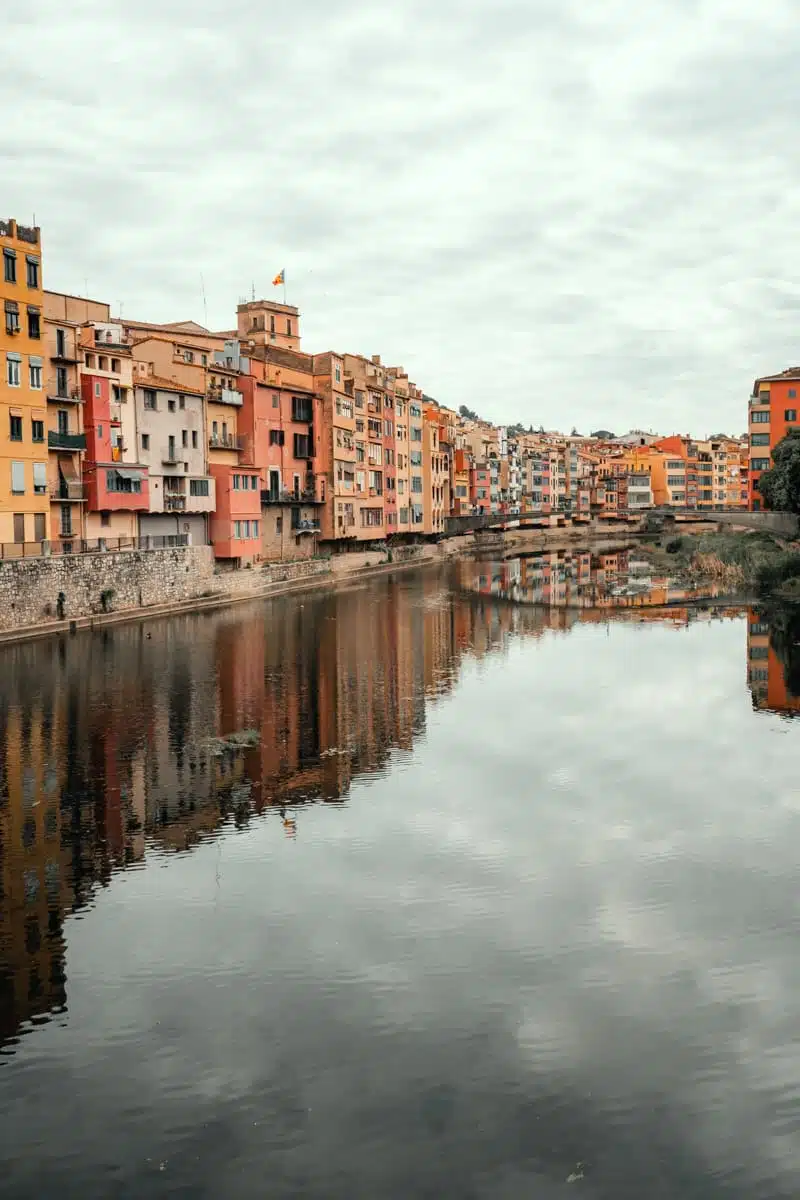
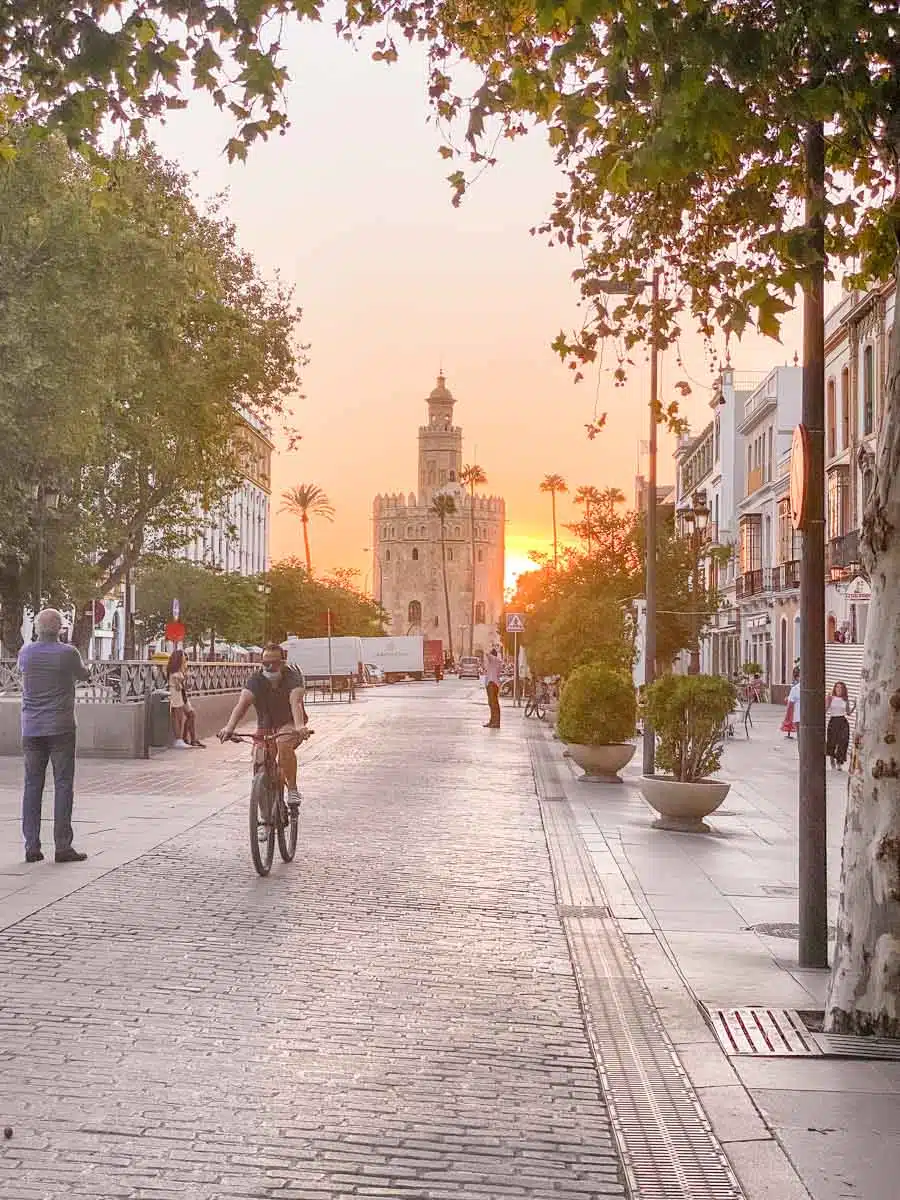
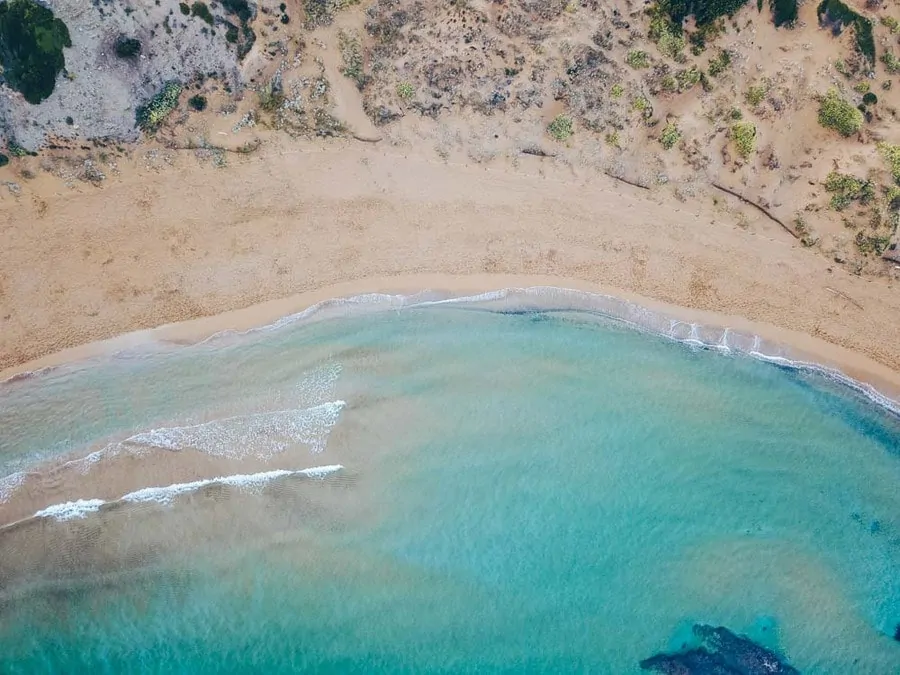
Spain is huge – over 500,000km 2 – making it the second largest country in the European Union. Only France is larger.
It’s Not Illegal to be Naked in Public
Following on nicely from talking about beaches – one of the fun facts about the country is that it’s not illegal to be nude in public.
Now, while you can exercise the right to parade down the street naked, general ideas of decency mean that nudity is mostly confined to the beaches.
There are a lot of nudist beaches, but you’re totally entitled to strip off on a non-nudist beach too. No more tan lines.
Grow Your Own Takes on a Whole New Meaning in Spain
One of the lesser known facts about Spain is that you can generally grow and smoke weed for personal consumption. The law’s a bit hazy – it’s not completely legal but Spanish drug laws don’t extend to private residences, so generally you’re OK to blaze up at home.
You’re still not allowed to smoke in public though – it’s counted as an act against the public, for which you can be fined heavily.
And a Lot of Land is Dedicated to Winemaking


There’s no shortage of wine in the country – so it maybe doesn’t come as a surprise that over 1 million hectares of the country is used for winemaking.
Spain’s best-known regions include Rioja, Priorat and Rueda.
Because they Make a Lot of Wine
Spain also just so happens to be the second-largest producer of wine in the world.
It Used to Have the Lowest Marrying Age in Europe
Until 2016 Spain had the lowest marrying ages in Europe. Prior to the change in law, girls could marry at 14 and boys at 16 (with parental consent). These days it’s 16 with parental consent, 18 as standard.
Spanish People Traditionally Have Two Surnames
One of the odd facts about Spain is that it is traditional for Spanish people to have two surnames – one from each parent. The practice is dying, but some still uphold it.
Madrid is in the Centre of the Country
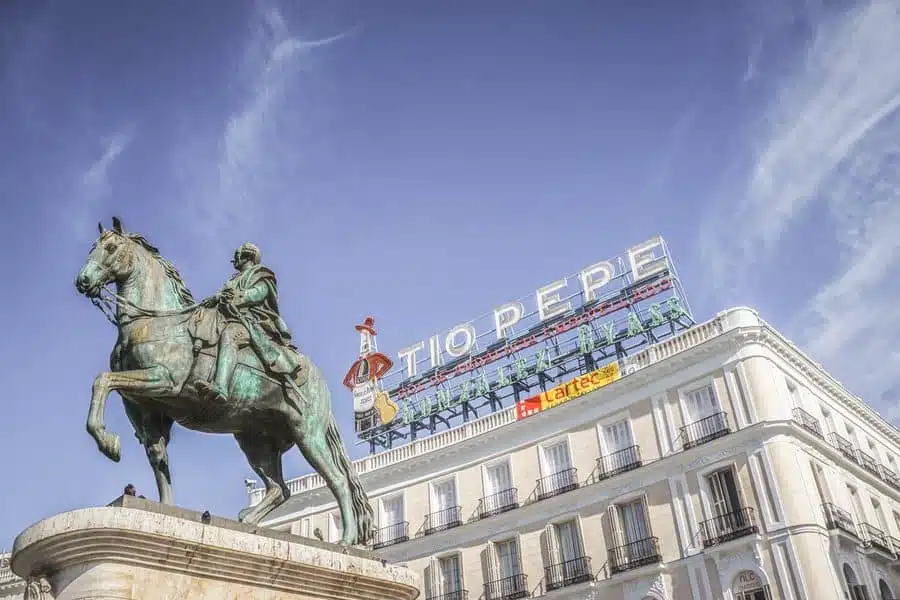
You can find the exact centre of Spain in Madrid’s famous Puerta del Sol – a large square in the city that you should add to your Madrid itinerary.
Spain Means The Land of the Rabbits
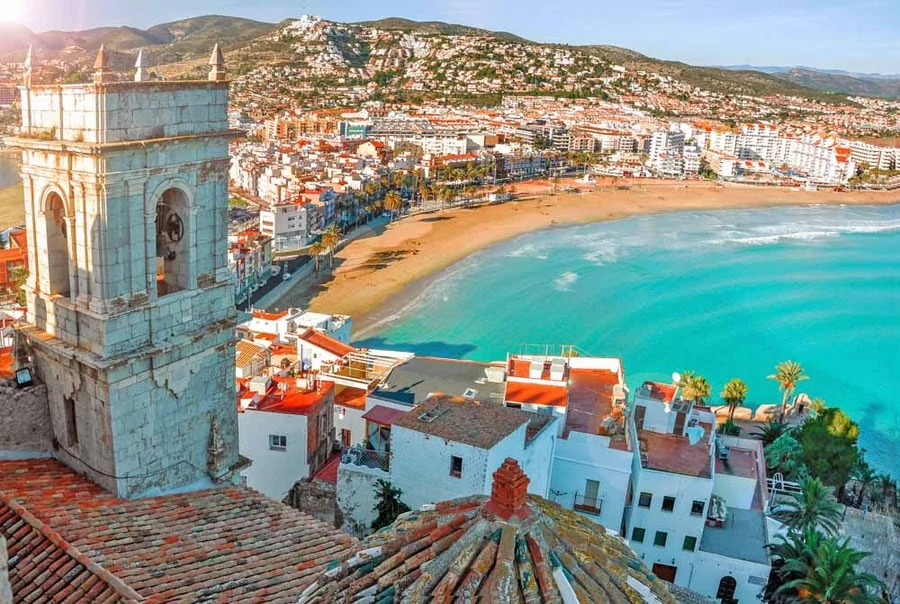
Spain’s name has Roman origins. España stems from the Roman name Hispania, a bastardised version of Ispania, which was the Carthagenian word meaning “the land of the rabbits”.
It Has More than One Official language
The country’s regional languages have official status of their own. We often refer to Spanish, but in reality, while Spanish (Castilano) is the official language, regional languages like Galician in Galicia, Basque in the Basque Country and Catalan in Catalonia all have official status too.
Life Expectancy in Spain is Really High
Spanish people live a long time: an average of 79 for men and 85 for women – that gives them the second-longest life expectancy in the world – after Japan.
The Country Uses a Lot of Green Energy
Spain has been at the forefront of implementing green energies in Europe – with widespread implementation of solar and wind energies, over ⅕ of the country’s electricity is now generated by wind power.
On windy days, up to 70% of the Iberian peninsula’s power is generated by wind turbines on Spanish soil.
The Catalans Are Still Fighting For Independence
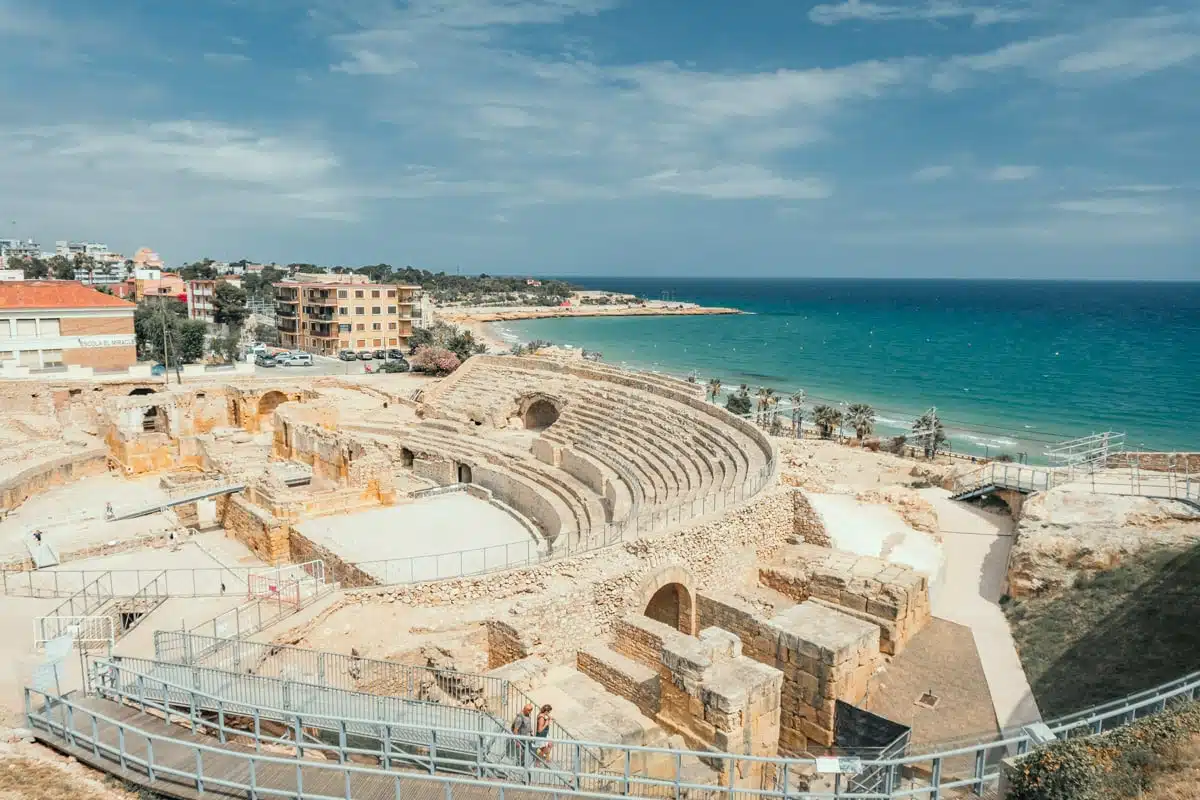
Catalonia’s desire for independence has been a thorn in the side of the Spanish government since the 19th century.
The Spanish Civil War (1936-1939) saw them finally gain autonomy, but their dreams were dashed once again after General Franco’s victory.
It Wasn’t Always Called Spain
The name España wasn’t used to refer to the country until the late 14th century. Before that, people called it The Spains – a plural suffix that referred to all of their lands across the Iberian Peninsula and beyond.
That changed when Isabella II became Queen of Castile and Aragon, merging both kingdoms together.
The Monarchy is not Popular with Many People… But there are Some who Love it
There are 5 million people living in Spain who cannot stand the Spanish monarchy. The highest representative of this institution – King Felipe VI – has an approval rating of just 18% .
However, there are some who adore the royals. 46% of Spanish people are in favour of retaining them as head of state, while 9.6 million viewers tuned into his wedding to Letizia Ortiz Rocasolano (now Queen Letizia) back in 2004 .
There we are, 32 interesting facts about Spain. How many did you know before?
Want to read more of my Spanish travel guides and tips? Start with these…
- Unmissable Landmarks in Spain
- The Best Things to do in Spain
- 10 Days in Spain: A Step-by-Step Itinerary
Love This? Save and Share on Pinterest
